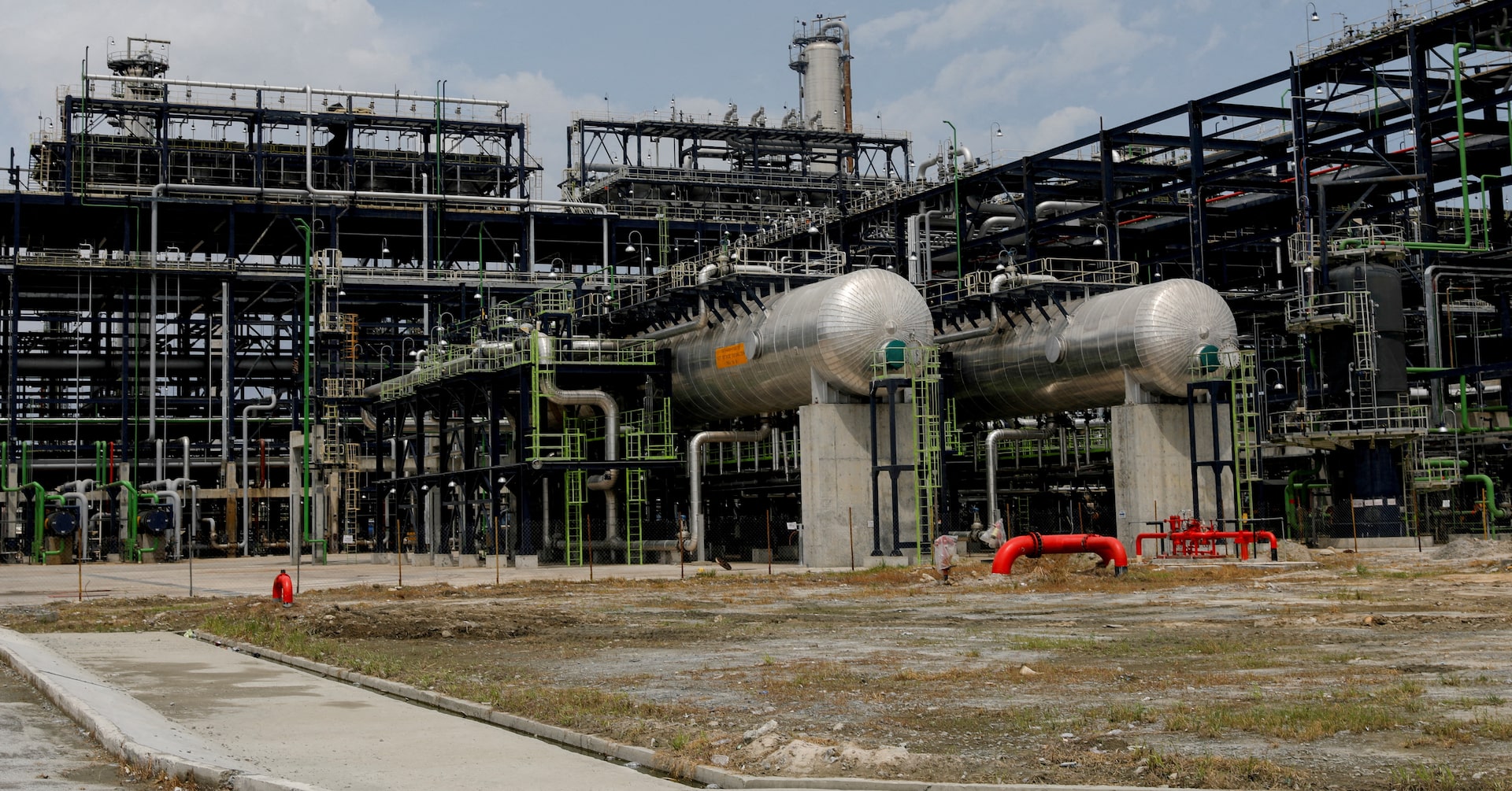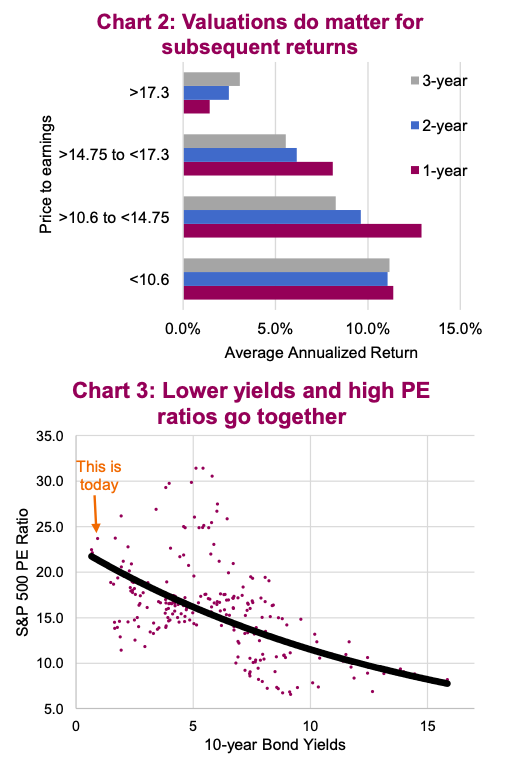The Relationship Between Dangote's Refinery And NNPC Fuel Costs

Table of Contents
Dangote Refinery's Potential to Reduce Fuel Importation
The Dangote refinery boasts an impressive refining capacity, capable of processing 650,000 barrels of crude oil per day. This massive production capacity holds the potential to dramatically reduce Nigeria's reliance on imported refined petroleum products. Currently, Nigeria imports a significant portion of its fuel needs, leading to substantial expenditure of foreign currency. The refinery’s output could significantly alleviate this pressure.
- Decreased reliance on foreign exchange markets: By producing a substantial portion of the nation's fuel domestically, Nigeria can reduce its demand for foreign currency, stabilizing the Naira and freeing up resources for other critical sectors.
- Potential for increased Naira stability: Reduced demand for foreign currency to import fuel could bolster the Naira's exchange rate, reducing inflation and improving the overall economic outlook.
- Reduced vulnerability to global fuel price fluctuations: Local production significantly minimizes the impact of international fuel price volatility, providing greater price stability for consumers.
Competition and its Effect on NNPC Pricing
The entrance of the Dangote refinery into the Nigerian petroleum market introduces a powerful competitor to the Nigerian National Petroleum Company (NNPC). This increased competition could trigger a price war, benefiting consumers through lower fuel prices. However, the extent of this impact will depend on several factors.
- Increased competition leading to lower prices: A competitive market typically leads to price reductions as companies strive to attract customers. The Dangote refinery's substantial production capacity could force NNPC to adjust its pricing strategies.
- Potential for price regulation adjustments by the government: The government may need to adjust its fuel price regulations to reflect the new market dynamics, ensuring fair competition and consumer protection.
- The role of market forces in determining fuel prices: The interplay of supply, demand, and competition will ultimately dictate fuel prices, although government regulations will continue to play a significant role.
Factors Influencing Fuel Prices Beyond Refinery Capacity
While the Dangote refinery’s impact on fuel prices is potentially substantial, it’s crucial to acknowledge that several other factors influence the final price consumers pay. Attributing price changes solely to the refinery's operation would be an oversimplification.
- Government subsidies and their impact on prices: Government subsidies on fuel can artificially lower prices, but they often put a strain on public finances.
- Taxation policies on petroleum products: Taxes imposed on fuel significantly impact the final price, influencing consumer affordability.
- Infrastructure limitations in fuel distribution: Inefficient distribution networks can lead to higher transportation costs, pushing up prices at the pump.
- Global crude oil market dynamics: The global price of crude oil remains a major determinant of fuel prices, irrespective of local refining capacity.
Economic Implications of the Dangote Refinery's Success
The success of the Dangote refinery holds significant potential for positive economic impact across Nigeria. Beyond lower fuel costs, the project's contributions to job creation and overall economic growth are substantial.
- Job creation in the downstream sector: The refinery directly and indirectly creates numerous jobs in refining, distribution, and related industries.
- Stimulus to related industries: The refinery’s operation will stimulate growth in supporting industries, such as transportation and logistics.
- Potential for increased government revenue through taxation: Increased production and economic activity will translate to higher tax revenue for the government.
Conclusion: The Interplay of Dangote Refinery and NNPC Fuel Costs
The relationship between the Dangote Refinery and NNPC fuel costs is complex and multifaceted. While the refinery holds the potential to significantly reduce fuel importation, lower prices through competition, and boost the Nigerian economy, several other factors will influence the final impact on consumer prices. The success of the Dangote refinery is a significant step towards energy independence and economic stability but shouldn't be seen as a singular solution to Nigeria's fuel challenges. Further research and discussion on the long-term effects of the Dangote Refinery and NNPC fuel costs are crucial for a complete understanding of its impact on the Nigerian economy. We encourage readers to explore related articles and resources to gain a deeper understanding of this critical issue.

Featured Posts
-
 Sensex Today Live Stock Market Updates Nifty Above 17 950 Sensex Up 100 Points
May 09, 2025
Sensex Today Live Stock Market Updates Nifty Above 17 950 Sensex Up 100 Points
May 09, 2025 -
 China Seeks New Canola Partners Amidst Canada Trade Tensions
May 09, 2025
China Seeks New Canola Partners Amidst Canada Trade Tensions
May 09, 2025 -
 Zelenskiy 9 Maya Odin Pochemu Nikto Ne Priekhal
May 09, 2025
Zelenskiy 9 Maya Odin Pochemu Nikto Ne Priekhal
May 09, 2025 -
 F1 News Montoya Reveals Predetermined Doohan Decision
May 09, 2025
F1 News Montoya Reveals Predetermined Doohan Decision
May 09, 2025 -
 Why High Stock Market Valuations Shouldnt Deter Investors A Bof A Analysis
May 09, 2025
Why High Stock Market Valuations Shouldnt Deter Investors A Bof A Analysis
May 09, 2025
